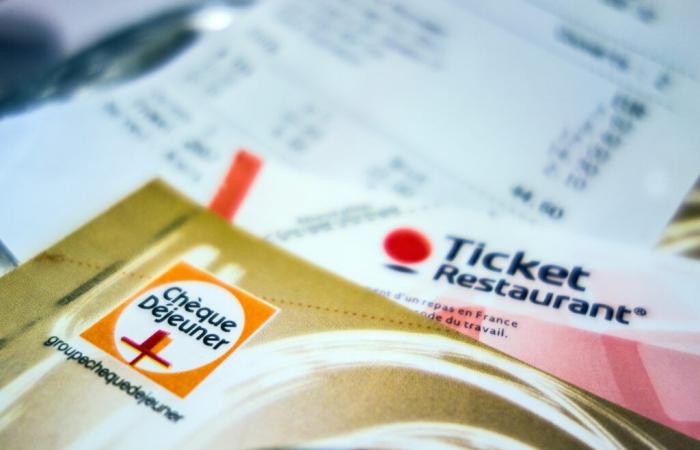Large retailers and consumers ultimately won their case. Until 2026, it will be possible to pay for your shopping with meal vouchers. Currently, 5 million French people benefit from this system. This is the employer’s contribution to its employees’ lunch meals, because not everyone can go home. The first use dates from 1957.
Historically, this meant paying for your meal at a restaurant or possibly purchasing a sandwich or salad. So we could already buy products in supermarkets, but on condition that they were immediately consumable.
In 2022, at the start of the inflationary wave and in the name of purchasing power, there was a derogation which was valid until December 31, 2024, which made it possible tobuy all food products, and no longer just the famous ready-to-eat products. And it is the extension or not of this exemption which has crystallized for months the debate between the restaurateurs, who were led by Thierry Marx, and the large retailers with the politicians as arbiter.
A multi-billion battle
Meal vouchers are a hoard of money 14 billion euros injected into the economyaccording to the National Commission for Meal Vouchers. In detail, around 8 billion is spent in restaurants, 3 billion in local shops and 3 billion in large retail chains. The risk was great for the brands to lose part of it.
For months, distributors have been brandishing a strong argument in ministerial offices. Extending the exemption for the use of meal vouchers in supermarkets has two advantages: it is popular and costs the state nothing. The argument therefore hit the mark while the restaurateurs’ argument of saying “it’s not fair” ultimately had little weight.
Read more
Belgium






